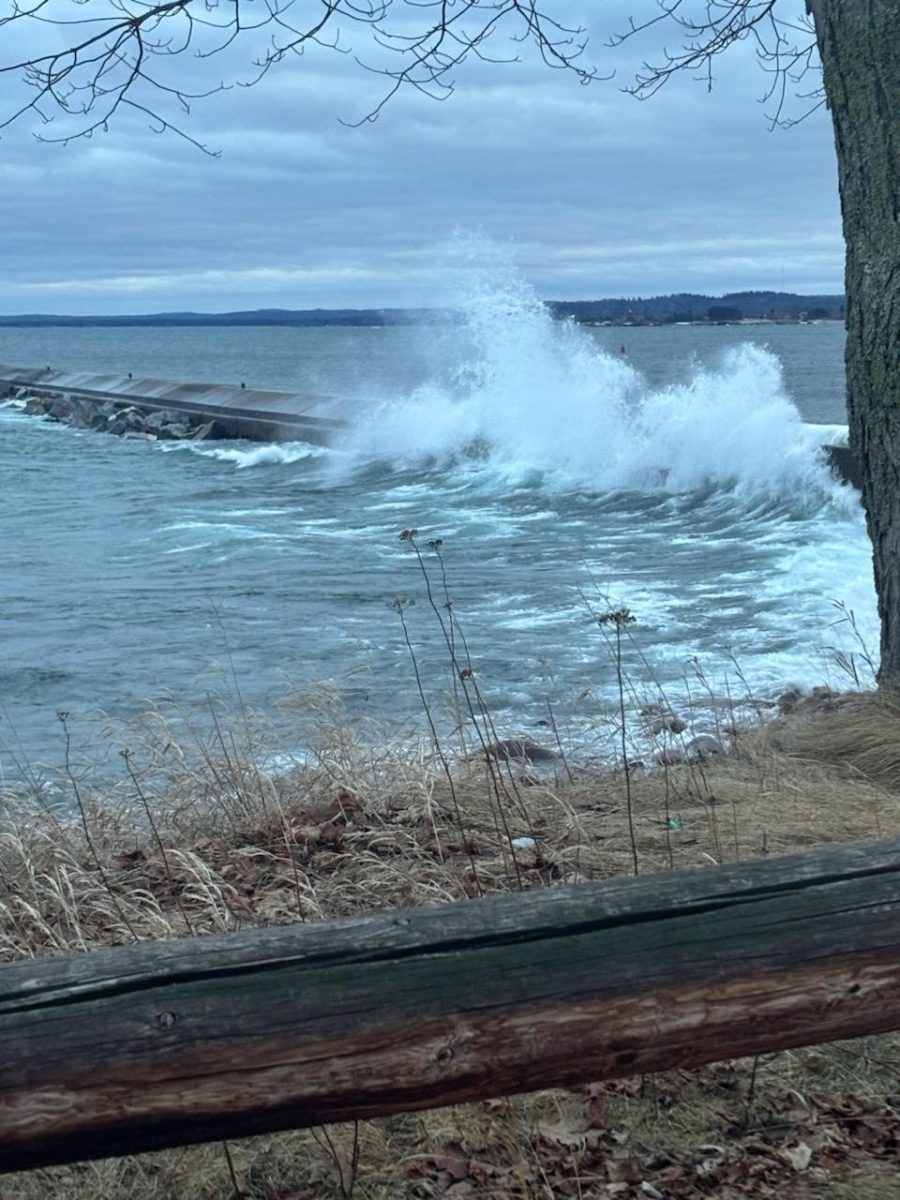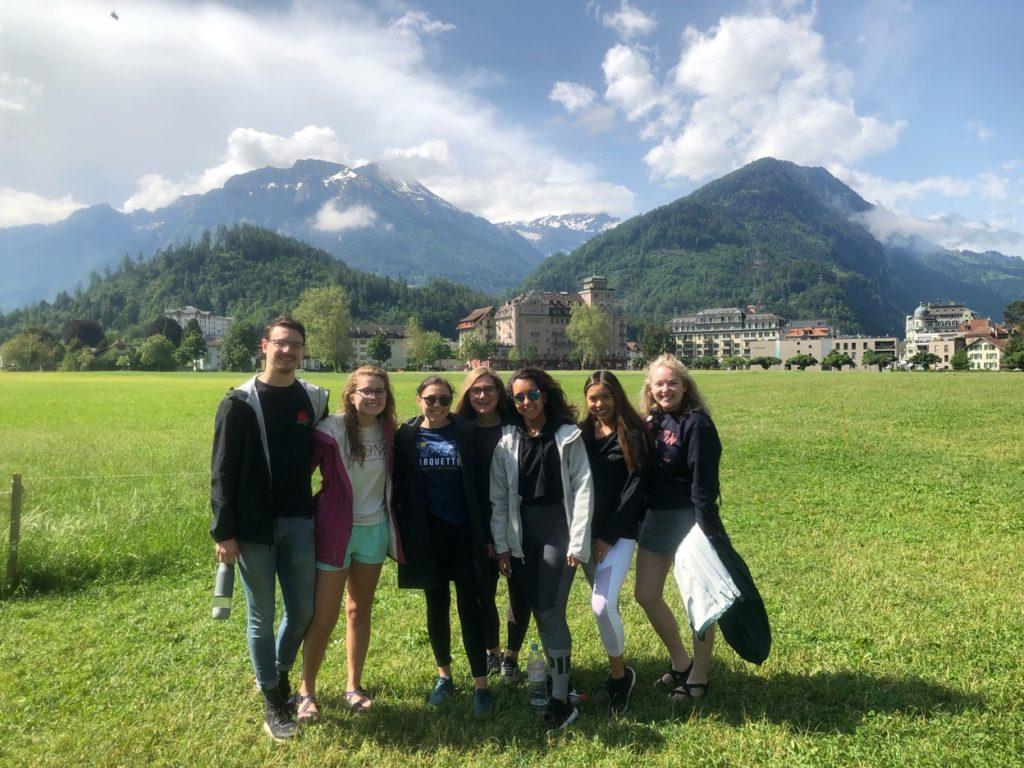I am a senior majoring in international political science, minoring in English, and spent two months this summer studying abroad with Boston University. There are nine students that were accepted into this program for the summer term. While it has been academically challenging, it has been amazing to meet humanitarian professionals and learn how to form a path toward these professions. The program, International Conflict Resolution, is broken into two courses.
The first course is based on conflict solving. What that means is we take a holistic examination of peacemaking, transitional justice, the United Nations and other Non-Governmental organizations that take roles in protecting human rights. The second is based around three case studies that break down to analyze the effectiveness of conflict resolution and different attempts of conflict solving put forward by citizens, governments, media and anyone else involved. We spent our first month living in Geneva, which is the French-speaking canton of Switzerland. It was the most utopic mixture of the Suisse Alps with such a lively city. We spent our second month in London. The city had the best food and gorgeous universities. Public transportation was possibly my favorite aspect.
The United Nations Headquarters in Geneva is called the Palais De Nations and it is centered in the heart of the canton. We were invited to attend three presentations by members of the Palais De Nations staff regarding the work they do for refugees, internally displaced persons, and how they incorporate multilateralism. We were able to meet a few graduate students from the United States interning for the summer and they explained how important it is to work on extracurriculars in university and to find your passion inside the U.N., whether that be working with refugees, women or economics. The staff emphasized that if anyone had plans to apply for an internship at the U.N. that a few things are crucial, the first being you must speak at least two of the U.N.’s official languages, you should be in, or graduated, from a master degree program relating to the work being done at the U.N. and, lastly, you should have real-life experience doing work or volunteering that would be helpful for a career in diplomacy.
The sustainable development goals were proudly presented throughout the building and were incorporated into the presentations. It was special to see these in person.
Being the only person in my program involved with the U.N. Association, I felt I was able to see all the hard work we manifest to help others. We were able to tour the entire building and were able to witness the immaculate library along with all of the official chambers. It was amazing to be surrounded by so many people speaking many different languages who all have one collective goal of protecting human lives. The outside of the building is decorated with live peacocks, several memorials dedicated to world peace and the collection of flags lining the grass.
I produced a final paper and presentation at the end of our term focusing on intersectional feminism in Kashmir specifically on refugee and internally displaced women’s safety. Kashmir is located between India, Pakistan and China making it a uniquely blended territory of different religions, identities and cultures. I wanted to focus on this topic because it was one of our case studies, and I found it incredibly interesting to see the gender dynamic shift from women to men in Kashmir as the economic responsibility has fallen to women as men are sent to war. Intersectional feminism is important in areas like Kashmir where women do not have equal rights, and there must be a holistic approach to ensuring the safety of all women regardless of their identity, religion or socioeconomic class.
I am eternally grateful for this experience and I expect in the future to return to Geneva in hopes of working alongside such amazing global leaders.



























